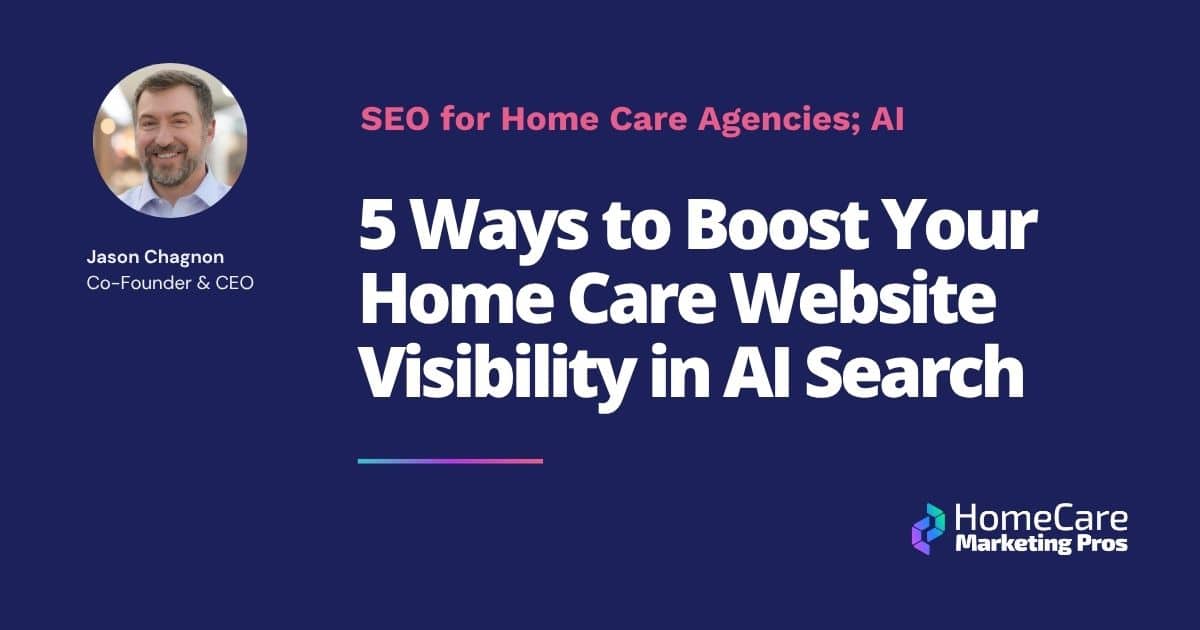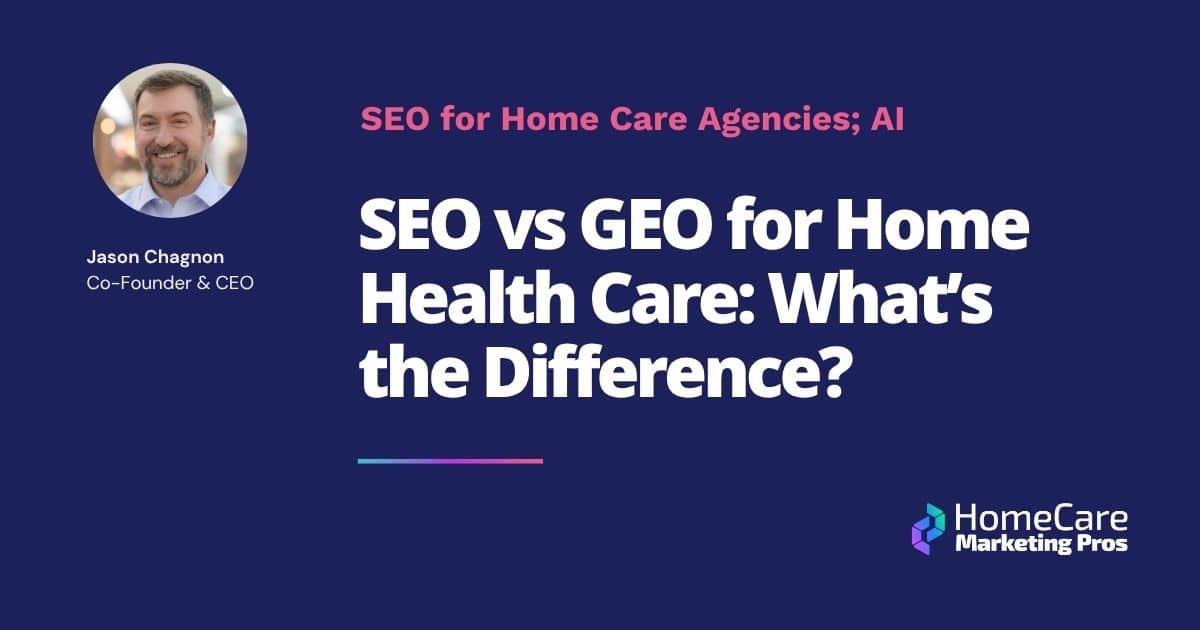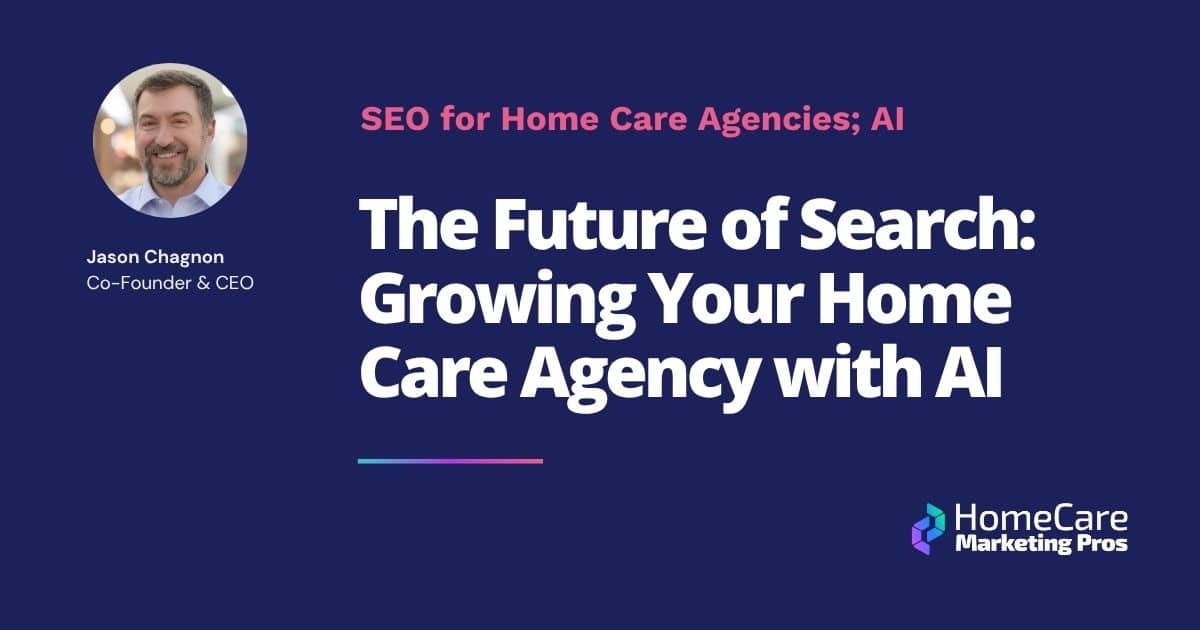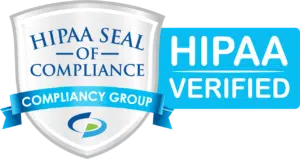Improving Your SEO: How to Use Inbound Citations and Links to Improve Your Search Rankings
How to get inbound links and citations to boost your SEO and help win new clients and recruit caregivers quickly

What are inbound links?
There are three types of hyperlinks:
- Inbound: When other sites link to pages on your website
- Outbound: When you link to other sites on your website
- Internal: When you link to other pages within your own website
All three types can improve your search rankings, but this article will address the value of inbound links for your SEO strategy.
Why do inbound citations and links improve your SEO?
Citations and links matter to SEO because search engines consider inbound links when ranking your content.
Google sees these links like endorsements, or votes of confidence, in your site. This means that both the quantity and quality of the links matter.
High-quality links to your site can help you rank more highly on a search engine results page (SERP), which makes it easier to bring in new clients and recruit caregivers.
The goal is to have relevant, authoritative websites link to your home care agency website. For example, a link from a local doctor’s office is very valuable for your rankings, while a link from a local coffee shop is not.
The good news is, it’s easier than you might think to get valuable links to your agency site.
I have an SEO keyword strategy, do I need an SEO link strategy?
Yes! No high-quality SEO strategy, or even digital marketing strategy, is complete without an audit of your current inbound links and a plan for getting more, high-quality links to your site.
Even if you’re already ranking well for your target search terms, having links to those pages, and to your site in general, increases the chances that you keep those rankings and move up in the SERPs.
How to get links and citations for your home care agency site
There are lots of ways to get citations and links to and for your site. This is by no means a comprehensive list, but ways to get started.
Easy ways to get links to your home care business website
- Link to your site from your social media profiles
- Link to your site from your Google Business Profile
- Link to your site from your Care.com and Healthgrades profiles
- Link to your site from career sites and job boards like Glassdoor, Indeed, and LinkedIn
- Link to your site from your Better Business Bureau profile
- Ask local business indices, like your area chamber of commerce, to link to your site
- Citation campaigns or listing management from an SEO company.
Intermediate linking strategies
- Form partnerships with related businesses and nonprofit organizations in your community, like nursing homes and doctor’s offices, and ask them to recommend your organization on their websites
- Create thought leadership content, like reports on home health care, how-tos, and health content, and share it with your professional network and related organizations, encouraging them to link to it as a resource
- Create a page of FAQs (which can be identified with a little SEO research) about home care and working in the home care industry, which can earn your citation links from other sites
Advanced linking strategies
- Notify local media outlets, like local newspapers, when you add new business locations, are hiring caregivers, or release reports on the home care industry
- Get involved in community events and career fairs that may link to your site
- Work with an agency that specializes in SEO and linking strategies
Warning: what to know about links to your site
Not all links are good links. In fact, some links can even damage your search rankings.
You don’t want links from questionable sites, and you don’t want to get involved in link scams, which can actually lead to Google penalizing you—a blow that’s very, very difficult to come back from.
Bad links include:
- Links from sites that are created by bots
- Links from link farms
- Sites that contain adult content, including gambling and illegal activities
- Lots and lots of links from totally irrelevant websites
- Lots and lots of exact-match keyword in-text links
- Paid link schemes (never, ever pay for a link to your website!)
You can find out if you have bad or spammy links to your site using link audit tools like Semrush, Ahrefs, and Surfer SEO.
Keep in mind that all sites will get spammy links from time to time, and some will get them quite consistently. While you should take steps to have them removed, Google does take into account that spam links are a matter of being on the internet.
How to remove bad or spammy links from your website
The first action you can take is to contact the webmaster of the site and ask them to remove the link. This is not often successful, as you may encounter links from sites created by bots or ones whose webmaster contact information isn’t readily available.
The best thing you can do to remove a bad link is to ask Google to “disavow” it. To do this, you’ll need to create a link disavowal spreadsheet and upload it to Google Search Console. There’s no need to do this every day. Monthly or even quarterly is usually sufficient.
Instructions on how to create the file and where to upload it can be found here.
Need help with your digital marketing strategy?
If you need help getting the clients and caregivers you need for your home care agency, reach out to us at Home Care Marketing Pros to see how we can help!













